EU is Serbia’s destiny, president says
Serbian President Boris Tadić has stated that joining the EU is Serbia's "natural destiny".
Friday, 08.04.2011.
14:33

Serbian President Boris Tadic has stated that joining the EU is Serbia's "natural destiny". He added the Serbia of today, unlike the one from the 1990s, was characterized by a new reality. EU is Serbia’s destiny, president says “The EU membership is a natural destiny for Serbia, we are a European people, our geographic sphere and our culture are European,” he told French daily Le Figaro on Friday. “From my point of view, we have no other option - this is our continent and our identity,” he added. “We can contribute to the stability of a region which is vital for Europe. All this is interconnected,” stressed Tadic, who is paying a visit to France. When asked about Serbia's biggest obstacles on the EU pathway, the Serbian president stressed "the necessary but painful reforms," such as the reforms of the political and judicial system, as well as the solving of economic issues. “Today Serbia has a reasonable debt, which was lowered to 55 percent of the GDP, and we are not spending more than what we have. We are managing things better than others, including some EU countries,” Tadic underscored. However, he pointed out that the problems Serbia was currently facing made the country's EU integration somewhat more complicated, adding that Serbia had no better option than that of EU membership. When asked if Serbia will ever recognize Kosovo's independence, Tadic said that such an option was not possible. “It (recognition) is not a precondition for the dialogue with the EU, whose five member states have not recognized Kosovo. However, we are ready to discuss any issue and we hope to reach a permanent compromise. That can represent an additional value which is very important from the aspect of European stability,” he said. Speaking about the Belgrade-Pristina dialogue, the Serbian president said that the current topics included technical issues such as telecommunications and missing persons, adding that Belgrade was hoping to arrive at more difficult topics. “This, however, depends on the other side as well,” he added. When asked about the Serbia-France relations, Tadic said that the two countries were old allies, and that the agreement on strategic partnership which he was supposed to sign today with his French counterpart Nicolas Sarkozy would represent a very important phase in Serbia's EU integrations. “Serbia is counting on France to support its EU integration. We want for the Europeans to better understand our legitimate national interests. There is a new reality in Serbia. Mistakes were made in the 1990s, but today we are on the rise once again,” he stressed. Speaking about the arrest of former Bosnian Serb General Ratko Mladic, Tadic recalled that, even at the time when he was defense minister, he had made decisions aimed at Mladic's arrest, and added that he was certain no military department was engaged in protecting Mladic. “Serbia will continue making efforts and doing its best to bring Mladic to international justice, which the country has already done in 44 out of the total of 46 cases of war crime indictees. I hope that Mladic is still in Serbia, as otherwise the whole mission would be impossible,” the Serbian president concluded. Boris Tadic (Tanjug, file)
EU is Serbia’s destiny, president says
“The EU membership is a natural destiny for Serbia, we are a European people, our geographic sphere and our culture are European,” he told French daily Le Figaro on Friday.“From my point of view, we have no other option - this is our continent and our identity,” he added.
“We can contribute to the stability of a region which is vital for Europe. All this is interconnected,” stressed Tadić, who is paying a visit to France.
When asked about Serbia's biggest obstacles on the EU pathway, the Serbian president stressed "the necessary but painful reforms," such as the reforms of the political and judicial system, as well as the solving of economic issues.
“Today Serbia has a reasonable debt, which was lowered to 55 percent of the GDP, and we are not spending more than what we have. We are managing things better than others, including some EU countries,” Tadić underscored.
However, he pointed out that the problems Serbia was currently facing made the country's EU integration somewhat more complicated, adding that Serbia had no better option than that of EU membership.
When asked if Serbia will ever recognize Kosovo's independence, Tadić said that such an option was not possible.
“It (recognition) is not a precondition for the dialogue with the EU, whose five member states have not recognized Kosovo. However, we are ready to discuss any issue and we hope to reach a permanent compromise. That can represent an additional value which is very important from the aspect of European stability,” he said.
Speaking about the Belgrade-Priština dialogue, the Serbian president said that the current topics included technical issues such as telecommunications and missing persons, adding that Belgrade was hoping to arrive at more difficult topics. “This, however, depends on the other side as well,” he added.
When asked about the Serbia-France relations, Tadić said that the two countries were old allies, and that the agreement on strategic partnership which he was supposed to sign today with his French counterpart Nicolas Sarkozy would represent a very important phase in Serbia's EU integrations.
“Serbia is counting on France to support its EU integration. We want for the Europeans to better understand our legitimate national interests. There is a new reality in Serbia. Mistakes were made in the 1990s, but today we are on the rise once again,” he stressed.
Speaking about the arrest of former Bosnian Serb General Ratko Mladić, Tadić recalled that, even at the time when he was defense minister, he had made decisions aimed at Mladić's arrest, and added that he was certain no military department was engaged in protecting Mladić.
“Serbia will continue making efforts and doing its best to bring Mladić to international justice, which the country has already done in 44 out of the total of 46 cases of war crime indictees. I hope that Mladić is still in Serbia, as otherwise the whole mission would be impossible,” the Serbian president concluded.










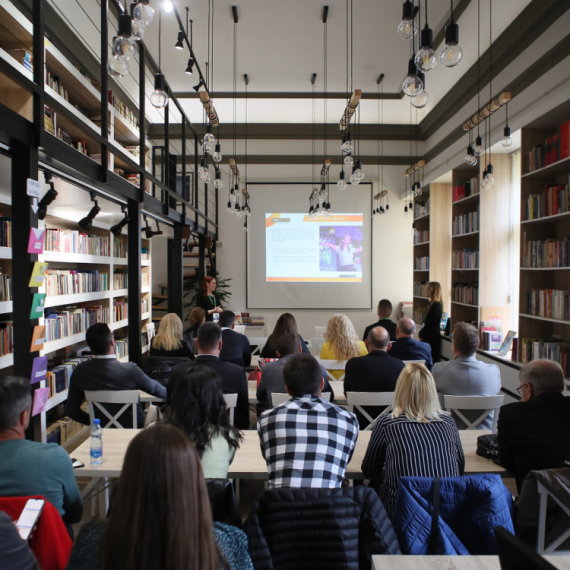
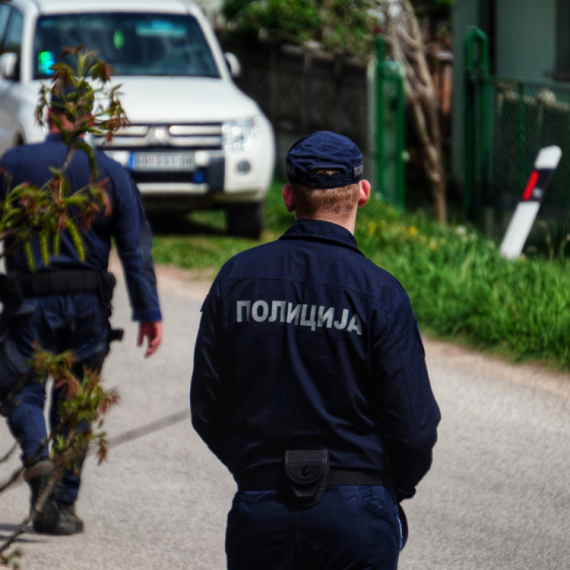



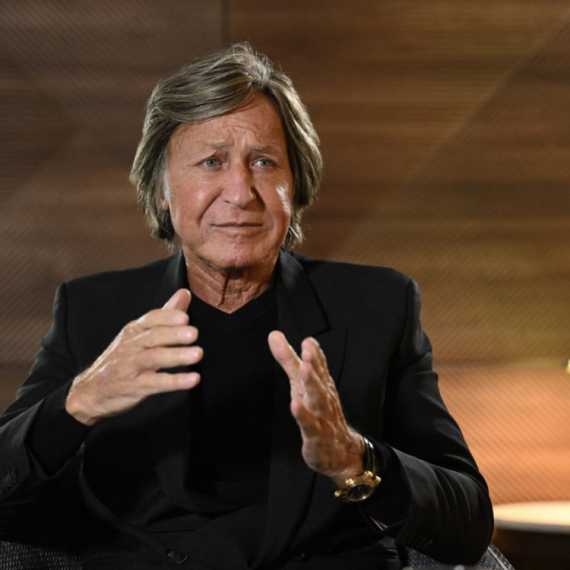

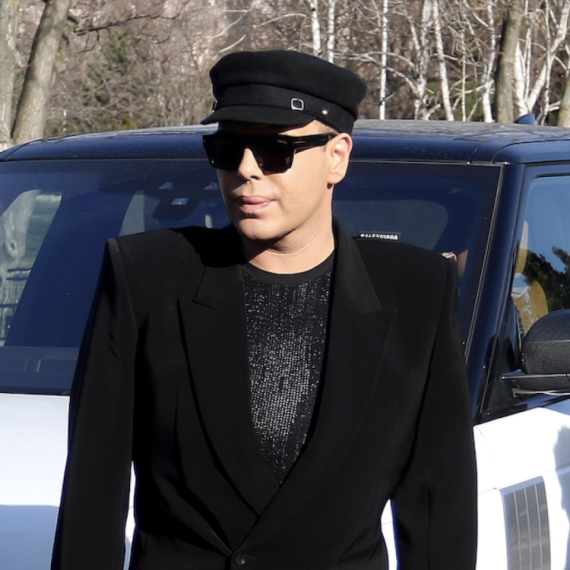
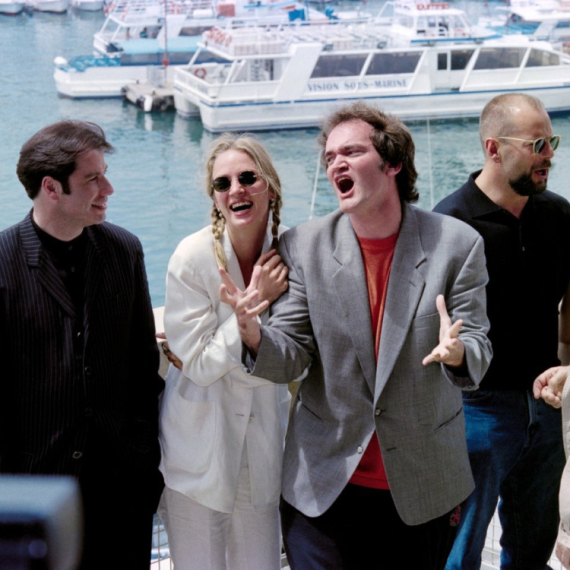





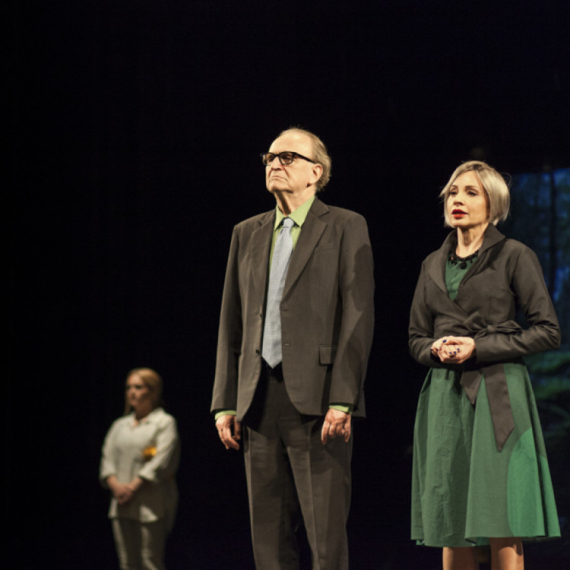






















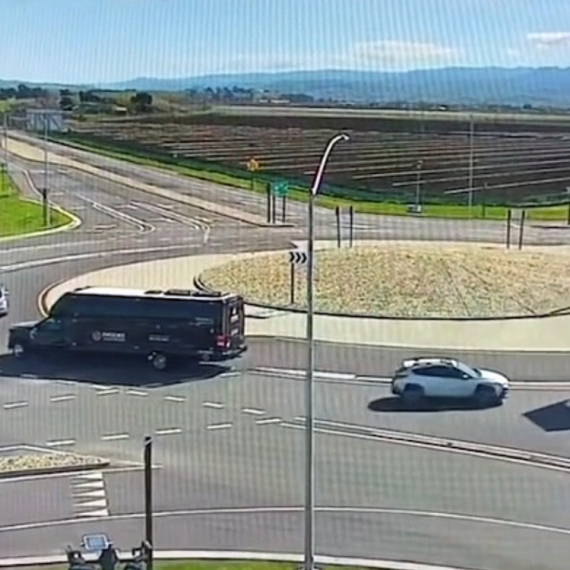

Komentari 12
Pogledaj komentare